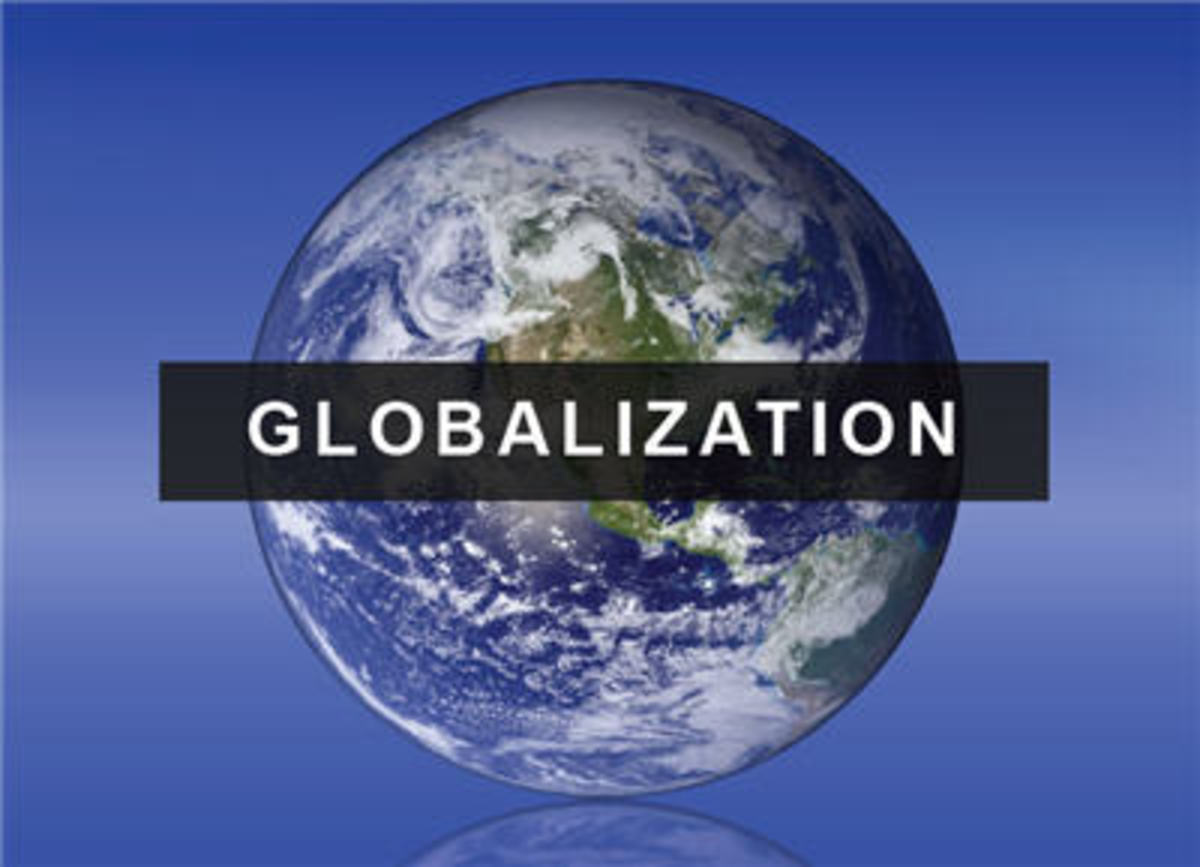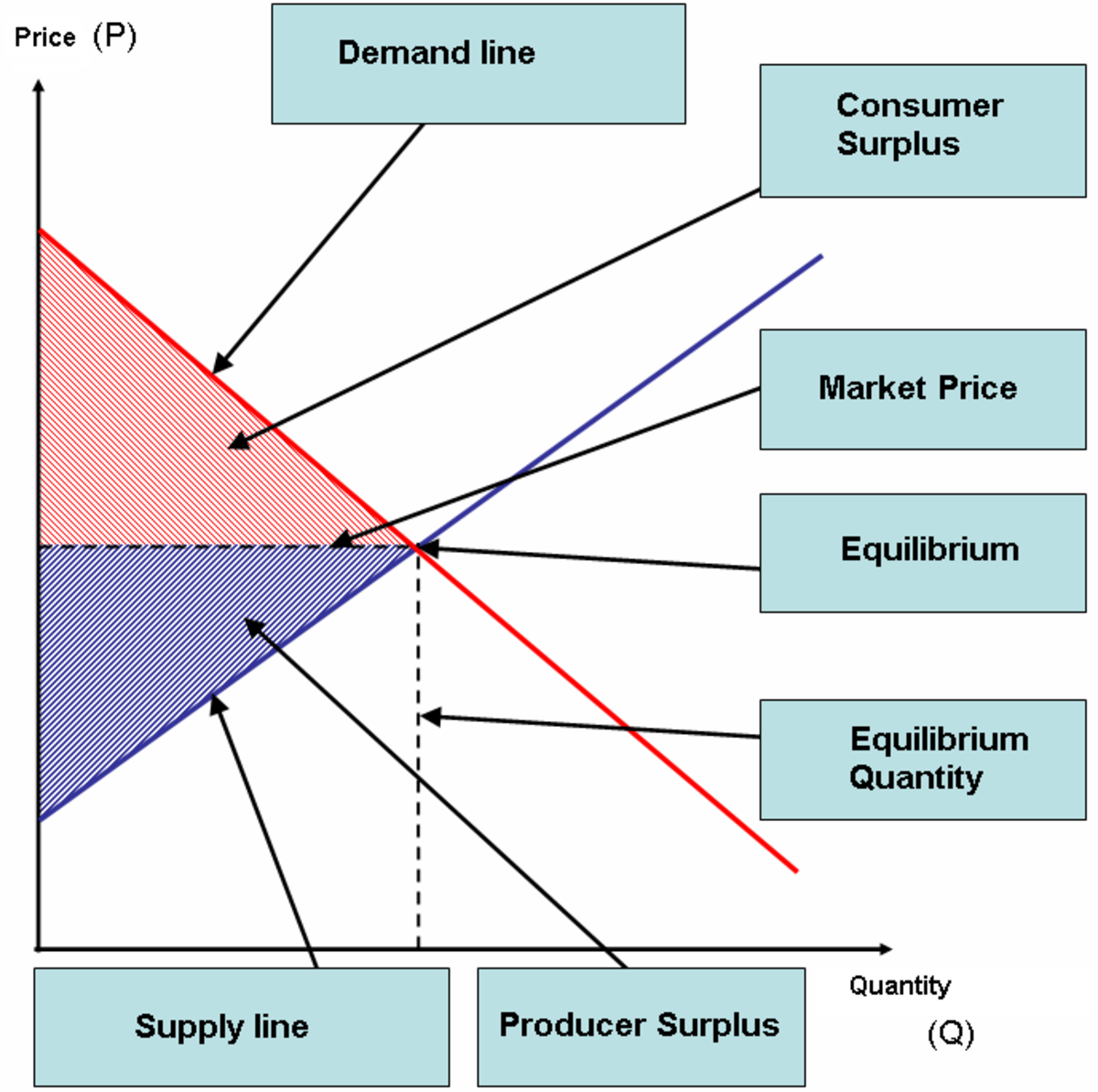Globalization and its Effect on Accounting
Globalization refers to changes seen around the world. This refers to the interconnection of different countries and their people, governments, and other companies to make international trade and investment due to information technology. Globalization in trade refers to the transformation of business where a company of a country is connected with another country operating many firms in different countries. These have had a significant impact on accounting in quite a few ways.
In the past accounting students only had to learn the accounting system of their home country, but accounting has become more global. Due to this shift, students now have to understand international financial and tax structure.
While in the past students considered GAAP (General Accepted Accounting Principles) to be the overall general guidelines for accountants, now they are constantly changing which means students have to constantly relearn new rules and guidelines. Because of GAPP changing the international accounting system is required to make some changes as well.
Another way globalization has an impact on accounting is by the developments in international capital markets. Research and studies back up the fact that many different countries’ capital markets are dependent on each other. Domestic and foreign markets have to adapt to the interdependency which just means it’s one more issue accounting students have to keep up to date with.
Many notable changes have occurred in the international financial reporting infrastructure. This progression in financial reporting internationally is another issue accounting students have to stay updated on.
There had been a number of recent developments that support the fact these markets are interlinked. A change in one country may cause a shift in the world’s financial structure and even in different countries own individual markets. Naturally this effects accounting. (1)
There is also a single set of accounting and financial reporting standards developed by the International Accounting Standards Board called International Financial Reporting Standards (IFRS). The purpose of IFRS is to provide consistent financial statements from all parts of the world. “According to the IFRS Foundation, the standards are currently legally approved for use in over 100 countries, including the European Union countries and more than two-thirds of the nations comprising the Group of Twenty (also referred to as the G20). Further, 52 percent of Fortune Global 500 companies use IFRS.” (2)
In the United States, private entities may choose to use IFRS. The use of IFRS is becoming more popular because of globalization. Ford operates across 138 countries and made the switch to IFRS for international reporting which has saved them time and money even though they still have to file using U.S.GAPP for SEC.
IFRS is attractive to international investors, customers, and vendors. It also creates savings from standardized processes, systems and international controls across different jurisdictions. The downside to IFRS is that principles-based standards with a lack of industry-specific or transactional guidance may decrease the quality and consistency of reporting. There is also a lack of funding for IASB which creates and regulates the IFRS which allows it to potentially become influenced by political forces. (2)
As of right now, only foreign private issuers may prepare financial statements using IFRS for SEC filings. In recent years there has been the talk of the extent to which publically traded entities in the US may use IFRS instead of GAAP. The proposed rule is to allow US issuers to voluntarily provide IFRS information instead of GAAP financial statements in the foreseeable future.
Accounting is now getting outsourced more than ever before. Due to the increasing globalization of the world, certain portions of the accounting profession is getting outsources to parts of the world where labor is less expensive. Modern accounting roles are shifting some of the more tedious elements like the number crunching to overseas partners or even automated programs.
While often globalization is thought of in the macro sense and focused on manufacturing and outsourcing trends, it has effects on almost every part of everyday life. Accounting programs are known for being strict and very dry with rules, but over time things do change and the biggest contributor to the change is the broad strokes of globalization and how it affects the world's economic structure. (3)
Sources:
https://www.accountingtoday.com/news/the-globalization-of-accounting-and-auditing-standards
http://www.vistacollege.edu/blog/careers/the-effect-of-globalization-on-accounting-programs/








